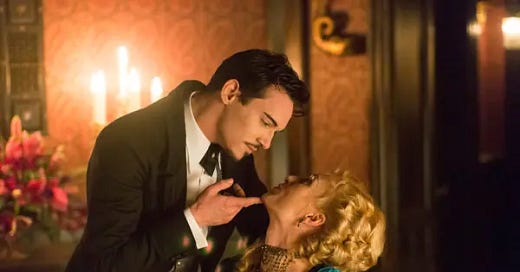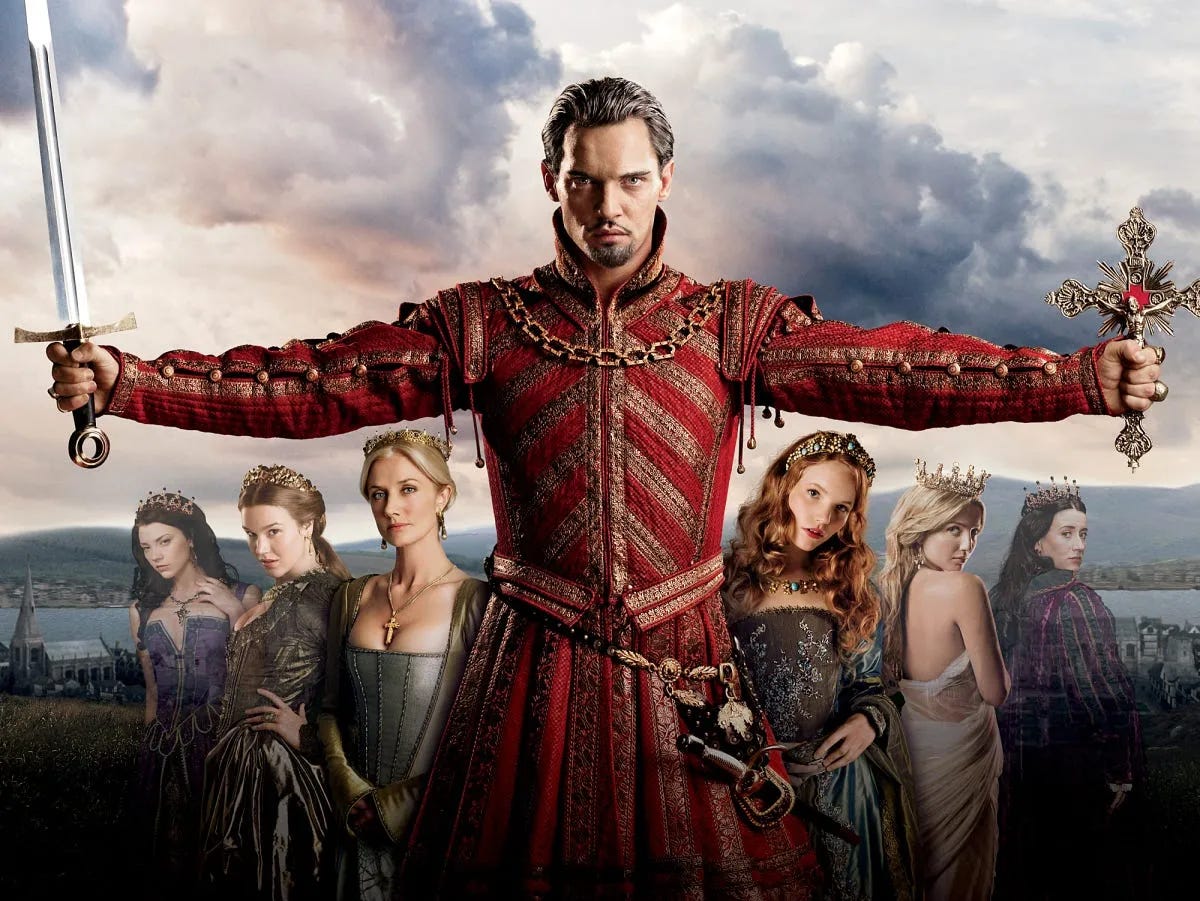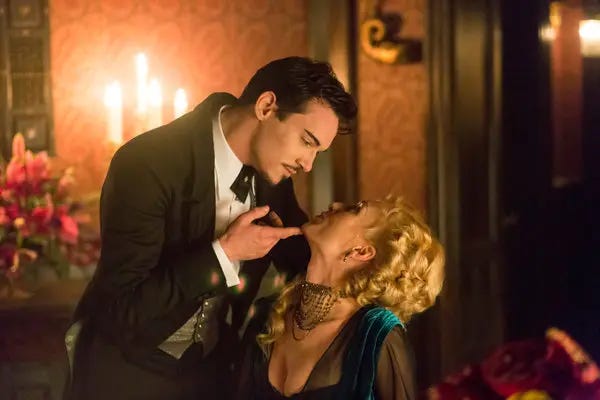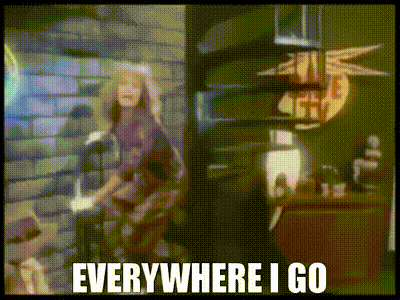Cole Cuts
If you were to go by his IMDB page, you’d think Cole Haddon was just a guy who created the one-season, ten-episode Dracula show for NBC in 2013. But, in fact, Cole has had a career that many of us in this industry have, which can often be a weirdly invisible one. He’s sold a number of feature screenplays that haven’t been made. He’s script-doctored and written comic books and graphic novels. Cole’s life is writing, and he’ll tell stories in any medium that will allow it.
He’s also one of the more thoughtful—dare I say “obsessive”—writers writing about writing and entertainment on the internet. I highly recommend Cole’s newsletter, 5AM Storytalk, for astute and candid explorations of the entertainment industry. Start with “The Horror of Dracula,” his viral substack about the perlious selling of his series. It is truly harrowing and, unfortunately, Cole’s experience in selling this show and getting it on the air is not an unusual one.
Also, Cole wants you to suceed! He regularly posts great advice as well as curated collections of screenplays on his substack, like this recent “50 Essential 21st Century One-Hour pilots” and “50 Great Action Screenplays,” which I found incredibly helpful to my current work.
Cole left the US a few years ago, so this is a good opportunity to talk to someone who doesn’t live in LA about working for the LA-based entertainment industry!
Our live Zoom Q&A with Cole is next week, on Wednesday, Sept 13, at 6pm PT. Open only to paid subscribers (link is below). Upgrade your subscription now to join us or listen later; you’ll also have access to our previous Q&As with folks like Jane Espenson, Sera Gamble, Akela Cooper, Javier Grillo Marxuach and Jose Molina, Matt Nix, and many more! Truly, they’ve all been exception: practical, honest, and inspiring.
6 Questions with Cole Haddon
1. What you working on right now (for yourself, if indeed you’re writing at all during the stike)?
At the moment, I’m revising my second novel and putting the finishing touches on a proposal for my third. In between that, I’m working on my first TV pilot spec. I’ve never written one on spec before, only feature screenplays, and so I’m enjoying the sense of freedom that comes with writing TV without any consideration for other collaborators such as a studio or network or even producers. It’s just me. Just weird ole me.
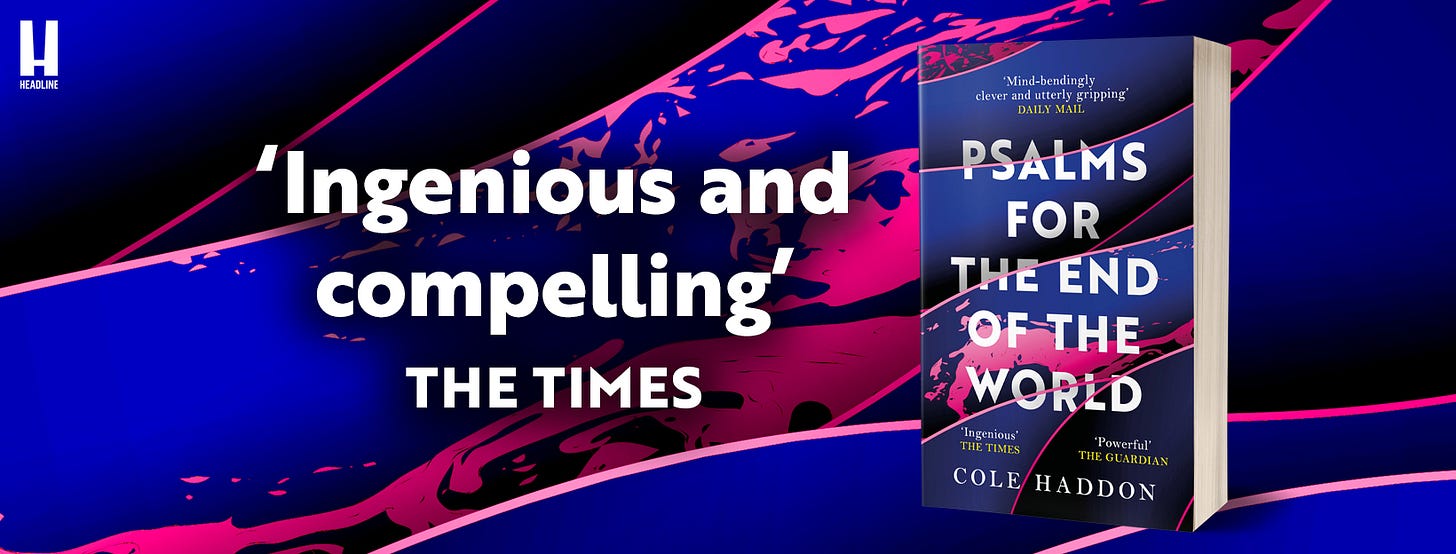
2. What challenges are you facing specific to your current writing project?
In the case of the TV pilot spec, it’s also my first time writing in the half-hour space. I’ve only ever written hour-long drama before this - though humor has always played a big part in my work. Typically, dark humor. What this means in practice is that I need to be more consistently funny, at a clip I’m unaccustomed to, than I’ve ever had to be before - and, to make matters worse, in a very specific tone that can get away from me very quickly. But I also think this is a necessary part of the process, working out the project’s voice, chipping away at it until I’ve developed the right skills to be called its creator.
3. What advice about the business of TV/film writing can you give to someone starting out now?
I’m feeling very cynical at the moment about the TV/film writing business and the business in general. It’s no longer a place where those who break in can manage to build a long-term career. The Writers Guild strike, which will inevitably be victorious – of that I have no doubt – won’t be enough to fully return the business to what it was pre-streamers. A.I. is there, always lurking.
More than ever, it feels like a place to pursue art exclusively from a place of passion. Meaning, something you shouldn’t expect to pay all your bills doing.
This is much more the way people in the arts work outside of America, by the way. They juggle multiple jobs. Here in Australia where I live, it’s called being a “multi-slashy,” which is just the Aussie way of being a multi-hyphenate. And I think that’s the advice I would give to aspiring and emerging writers today. Don’t even fantasize about putting all your eggs in one basket. Stay a journalist while you write your scripts. Keep the advertising gig, and write at night and on the weekend. I don’t know, become a gigolo, whatever. Just keep as many income streams going as possible.
4. What advice about the craft of writing can you give to someone starting out?
My answer to this question has been consistent over the years: watch films and television. Old films and TV, new films and TV. Watch international films and TV. Watch weird shit and shit you don’t necessarily enjoy. If there’s a genre you’ve written off, you’re doing it wrong because it has something to teach you, too. Every experience with the moving image is a chance not only to be moved as a viewer, but also to learn and grow as a storyteller.
Beyond that, whatever you do, stay away from screenwriting guides. I mean, there are a few decent ones out there, but I think they do more harm than good in almost every instance.
5. What do you respond to most in a piece of writing?
I’ll answer regarding screenplays. I want to feel like I’m experiencing something I haven’t before, which isn’t always easy and certainly gets even harder when Hollywood starts pushing you to make it more like whatever thing was just successful. I want to feel like the writer is in complete control of both the story and the language. I want to feel like the writer understands how the moving image works and is just as interested in manipulating them as the story on the page. And somehow, with all that artifice, I want to feel something real without seeing it coming.
6. What are you watching/reading/listening to lately that’s getting you excited or inspired?
That is…a big question. I consume a lot of pop-culture. I’ll throw out some film and TV that have made the most lasting impression on me this year. The stuff that I had never seen or read before and can’t stop thinking about. In film, that means Barbie, Nimona, Women Talking, Amarcord, and The Hand of God.
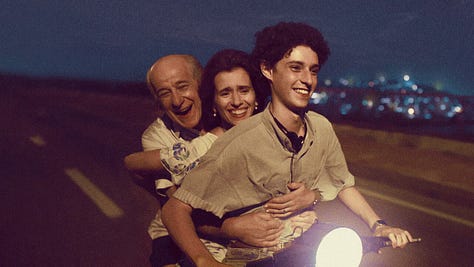
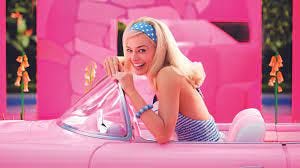

In TV, the second season of The Bear, the fifth season of Better Things, the fourth season of Barry, the first season of Colin From Accounting, and, my new favorite thing, the first season of Deadloch.
I know you’re also a big fan of Barbie, but Deadloch, this amazing Aussie series on Amazon, might just be the real feminist masterpiece of 2023. It’s one of those things you watch and immediately think, “Well, fuck, I’ll never write anything this good.”
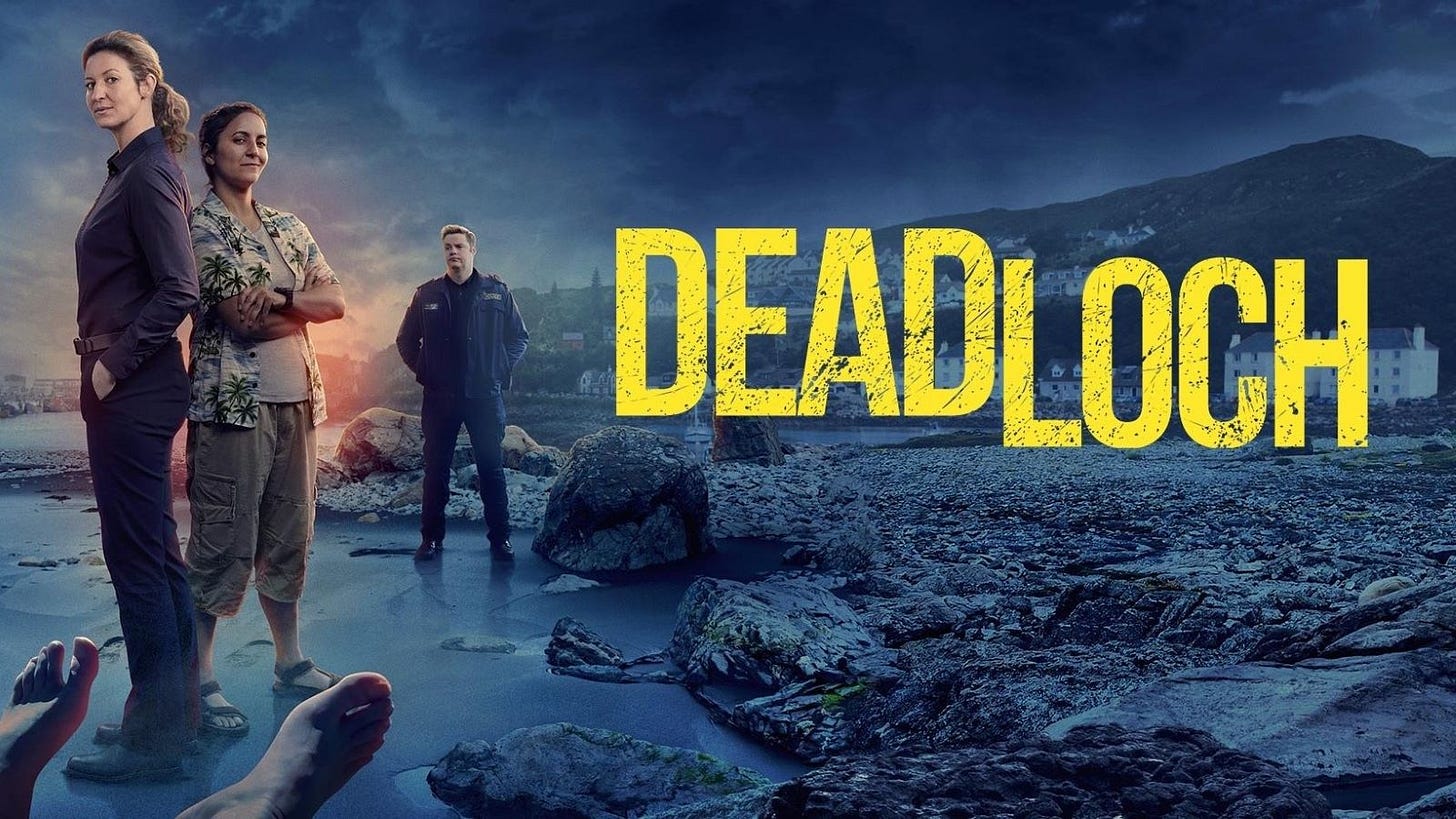
Link for Wednesday’s Q&A below! Upgrade and join us!
Keep reading with a 7-day free trial
Subscribe to Re:Writing to keep reading this post and get 7 days of free access to the full post archives.

